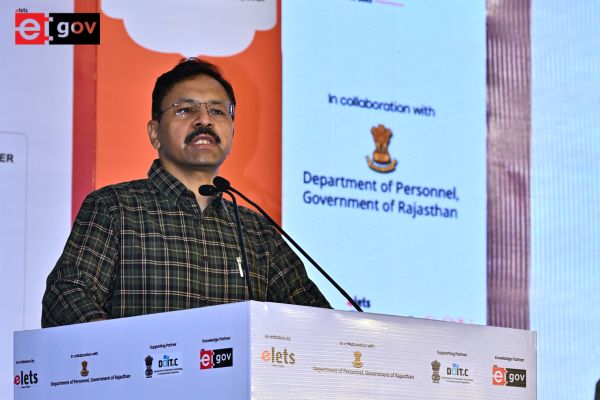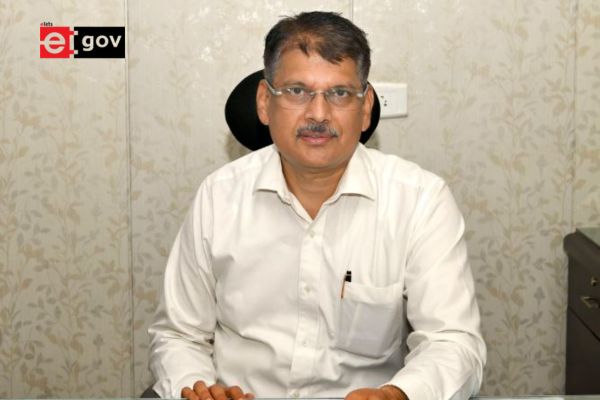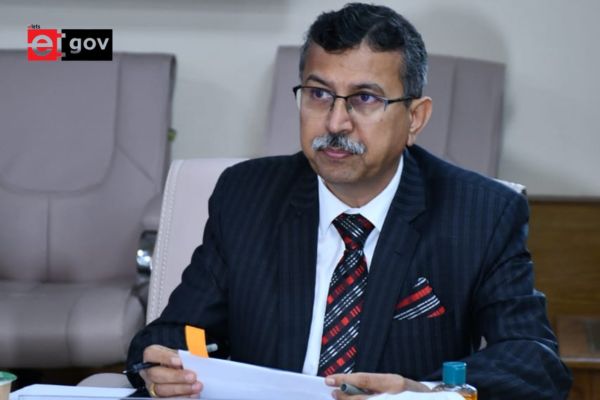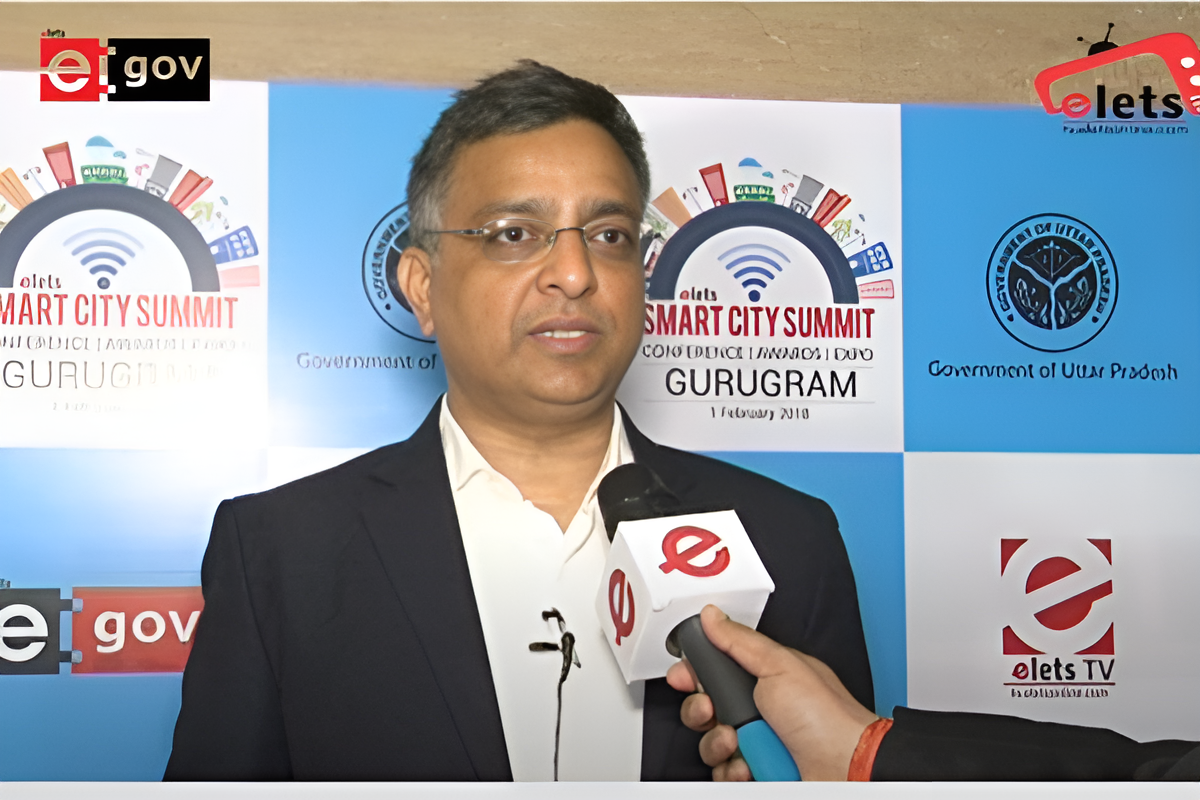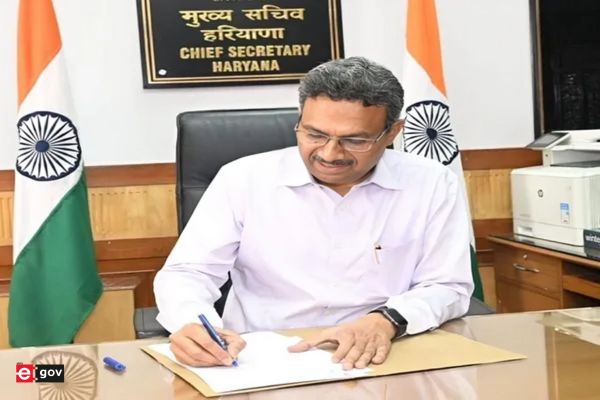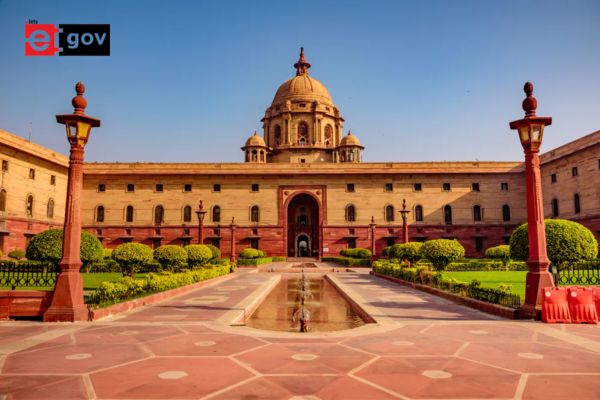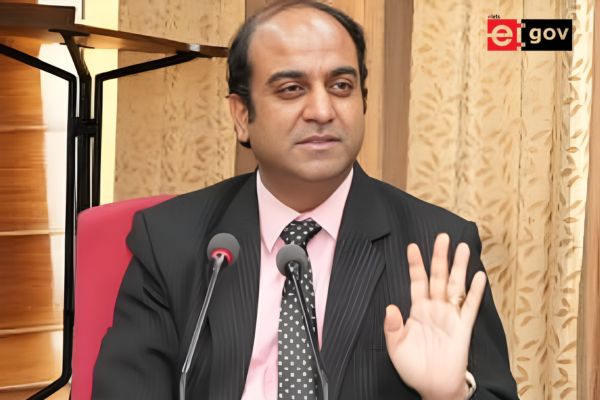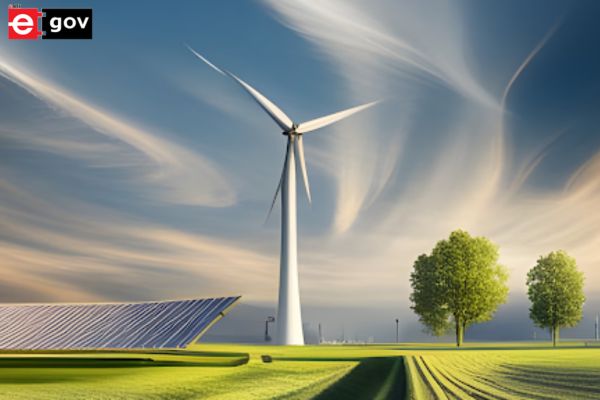
India is on track for a significant surge in renewable energy capacity, which is projected to rise to 250 GW by March 2026 from 201 GW in September 2024, as per a recent report by ICRA. This growth trajectory is bolstered by an 80 GW project pipeline developed after enhanced tendering processes in 2024.
Solar energy is expected to play a pivotal role, with India’s solar capacity anticipated to climb to 132 GW by March 2026, compared to 91 GW in September 2024. ICRA predicts substantial capacity additions of 22 GW in 2025 and 27.5 GW in 2026. Girishkumar Kadam, Senior Vice President at ICRA, highlighted that the increasing project pipeline and competitive solar module prices will drive growth, particularly ahead of the June 2025 expiration of inter-state transmission charge waivers.
However, the renewable energy sector is not without challenges. Kadam pointed out that land acquisition and delays in securing transmission connectivity could pose hurdles. Despite these obstacles, the rooftop and commercial and industrial (C&I) solar segments are expected to contribute significantly to India’s renewable energy expansion.

Also Read :- India and Guyana Sign 10 MoUs to Strengthen Bilateral Ties in Key Sectors
ICRA’s report also underscores a transformative shift in India’s energy mix. By 2030, renewable energy, along with large hydro projects, is expected to account for over 35% of the nation’s electricity generation, a significant rise from 21% in 2024. To manage this growth, India will require approximately 50 GW of energy storage capacity by 2030, which will likely come from battery energy storage systems (BESS) and pumped hydro storage projects.

A recent decline in battery prices has already led to reduced tariffs for BESS projects, accelerating their adoption. Central agencies are prioritizing renewable energy projects integrated with storage solutions to mitigate the variability of renewable sources. Nearly 14 GW of round-the-clock hybrid projects have been auctioned with tariffs ranging between INR 4.0/kWh and INR 5.0/kWh, significantly lower than coal-based power tariffs. Nonetheless, ICRA warns of potential challenges, such as merchant market tariffs and oversupply concerns, which could impact these projects.
Be a part of Elets Collaborative Initiatives. Join Us for Upcoming Events and explore business opportunities. Like us on Facebook , connect with us on LinkedIn and follow us on Twitter, Instagram.
"Exciting news! Elets technomedia is now on WhatsApp Channels Subscribe today by clicking the link and stay updated with the latest insights!" Click here!




